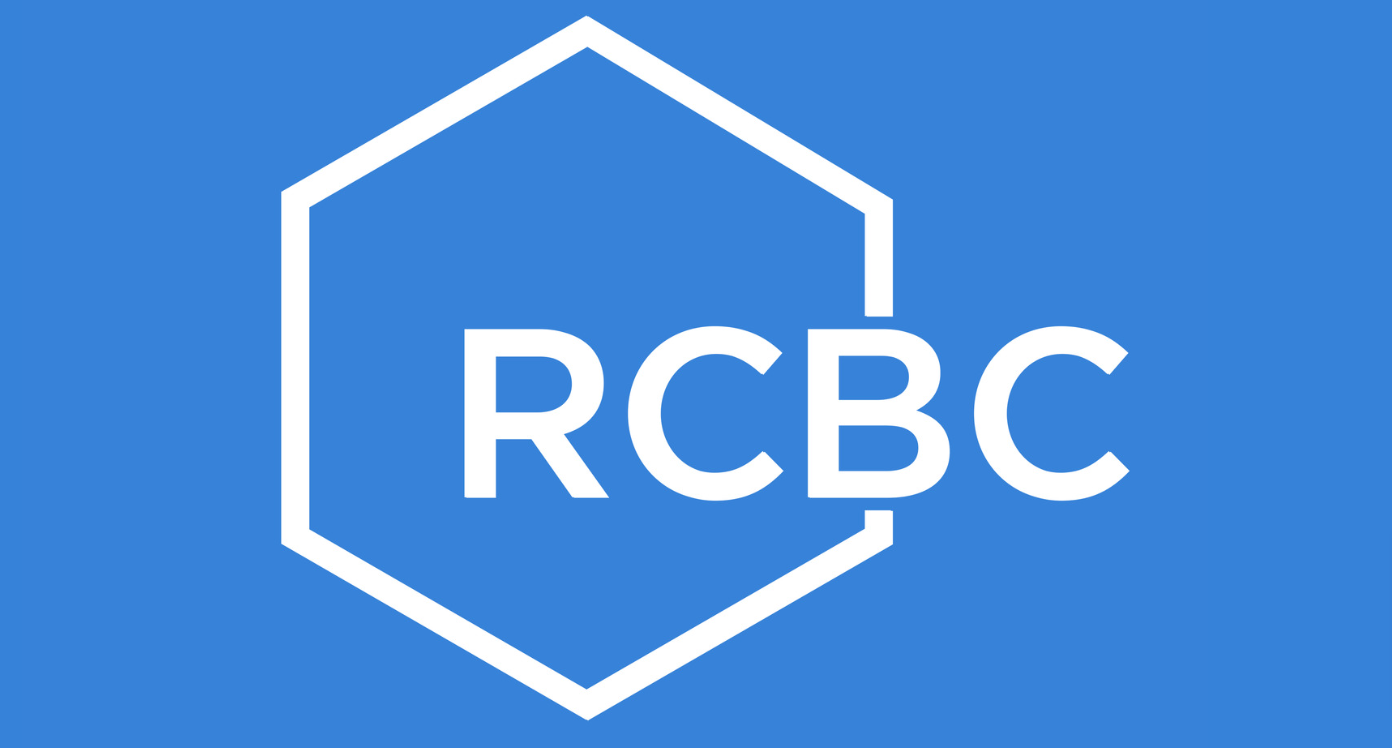MANILA, Philippines — Rizal Industrial Banking Corp. (RCBC) raised P12.21 billion from the home bond market, enabling it to assist extra sustainability-related packages.
The Yuchengco-led financial institution on Thursday mentioned it had listed the bonds, that are due 2028, on the Philippine Dealing and Change Corp. These carry a coupon price of 6 % per yr.
The order e book was oversubscribed by greater than 4 instances. Its minimal subject dimension was set for as much as P3 billion.
Proceeds raised from the supply have to be used to finance or refinance eligible inexperienced and social tasks beneath its sustainable finance framework.
These embody tasks associated to renewable vitality, inexperienced buildings, clear transportation, vitality effectivity and air pollution prevention and management, amongst others.
Beneath the social class, some eligible tasks are these associated to well being care, training, employment technology and reasonably priced housing.
The notes are a part of RCBC’s P200-billion bond and industrial paper program.
It additionally comes after the Bangko Sentral ng Pilipinas opted to chop charges in June. Financial coverage easing usually makes fixed-income securities, comparable to bonds, extra engaging as these promise the next yield for traders.
READ: Lending offers RCBC revenue a ten% enhance
P99B raised up to now
This represents RCBC’s eighth peso-denominated bond supply. The newest outing brings the overall quantity raised by the financial institution from all bond issuances since 2019 to P99.01 billion.
Final January, RCBC, the nation’s sixth-largest financial institution when it comes to property, raised $350 million from an offshore bond program at 5.375 % per yr.
The notes, which is able to mature in 5 years, are a part of RCBC’s $4-billion medium-term observe program.
Within the first quarter this yr, sturdy client lending boosted the earnings of RCBC by 10 % to P2.43 billion.
Web curiosity revenue surged by 29 % to P12.3 billion. Shopper loans swelled by 39 %, owing to increased housing and auto loans. These jumped by 24 % and 45 %, respectively. —Meg J. Adonis


